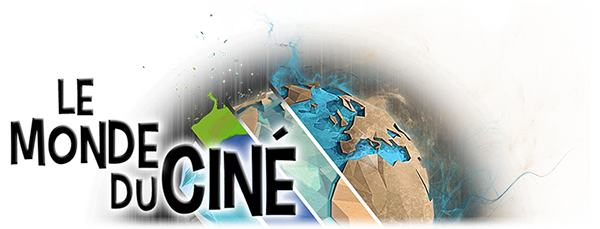Médée
(Critique en français : Cliquez ici)
By: Pierre CORNEILLE
Composer: Marc-Antoine CHARPENTIER
Libretto: Thomas CORNEILLE
Director : David McVICAR
Conductor: William CHRISTIE
Set and costume designer: Bunny CHRISTIE
Lightning designer: Paule CONSTABLE
Choreographer: Lynne PAGE
Revived choreographer: Gemma PAYNE
Chorus master: Thibaut LENAERTS
Lisandro ABADIE, Gordon BINTNER, Emmanuelle DE NEGRI, Clément DEBIEUVRE, Lea DESANDRE, Elodie FONNARD, Maud GNIDZAZ, Alice GREGORIO, Mariasole MAININI, Laurent NAOURI, Julie PERRET, Bastien RIMONDI, Julie ROSET, Virginie THOMAS, Reinoud VAN MECHELEN, Ana VIEIRA LEITE, Matthieu WALENDZIK et Julie WISCHNIEWSKI
Until 11 may 2024
In this production of Médée, only Marc-Antoine CHARPENTIER‘s score has retained its baroque spirit. For the rest, we are faced with a backdated work in which the characters find themselves plunged into an era of the Second World War. So it’s hardly surprising to find the Greek armies becoming those of France’s main allies. If the transposition is notable for the costumes, it is also notable for the emblematic figures of the period. For example, Creon takes on the air of General de Gaulle, while Créüse takes on the features of a post-war Marilyn Monroe.
In order to make the set and the drama even more ‘anti-epic’ than they are, the play on shadows, sometimes shrunken, sometimes enlarged, or even playing on a magical illusion in its inversions, magnifies the message.
In terms of choreography, the show breaks with tradition, with steps that also verge on twentieth-century inspiration. The combination of acrobatic rock and cancan is audacious. But it is above all ballroom dancing that is given pride of place in this Médée. Burlesque comes into its own in Act 2 with its share of rhinestones, sequins and feathers when Cupid arrives. Once again, a daring touch! Act 3 is less charming: the invocation of the forces of evil is approached with kitsch, although the audience doesn’t seem to mind – on the contrary.
We were in awe of Lea DESANDRE last season in her role as the page in Roméo et Juliette directed by Thomas JOLLY. We confirmed our enthusiasm for the artist. She is not content with a vengeful Medea, but offers a whole range of emotions in both voice and appearance. No false notes to be deplored. That’s to be expected from a singer, but what we’re talking about here is her stage presence. She shows Médée to be grounded, determined and scorned, underlining the legibility of Thomas CORNEILLE‘s libretto. A libretto that deliberately skims over the most commonly exploited part of the myth: infanticide, and focuses more on the path of such an atrocity. As the perfect witch, it’s no surprise that we fall under her spell.
Four intense hours during which vengeance swells into an array of emotions conveyed in Lea’s prodigious voice with force and truth. What can we say about the singer’s conclusion? She ends her terrible evil ascent with one word on two notes that keep us glued to our seats.
Memorable!
The story
Possibly mythology’s most unfathomable character: Medea, the sorceress, betrayed by her husband Jason, takes revenge by offering the latter’s lover a poisoned dress and then killing her own children. Such a destiny, so often portrayed in the arts, could not but be embodied at the Opera.
In 1693, Marc-Antoine Charpentier premiered his only “tragédie lyrique”, based on a libretto by Thomas Corneille, at the Académie royale de Musique – forerunner of the Paris Opera – in the presence of Louis XIV. Three centuries after its creation, this baroque score of great orchestral wealth returns for the first time to the stage of the Paris Opera, under the baton of William Christie.
Renowned for his exceptionally articulate interpretations, director David McVicar transposes the action to the Second World War, thus reinforcing the heroine’s tragic character.
OFFICIAL WEBSITE
BOX OFFICE
Aurélien.













Comments